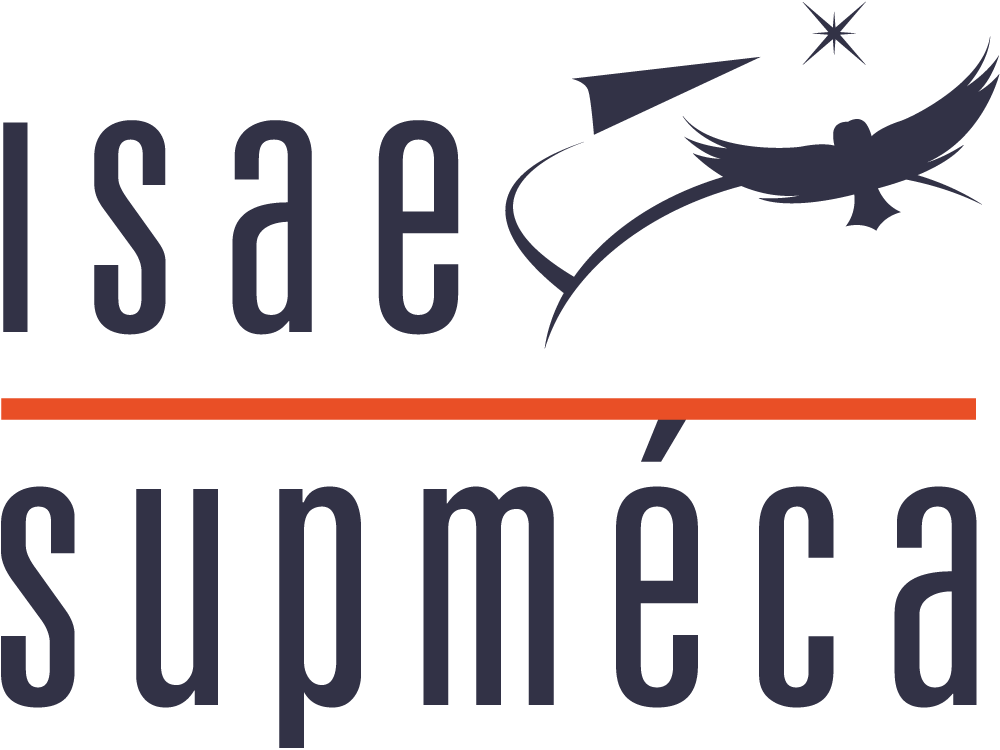Influence of inertia relief analysis on the topological optimisation of unconstrained structures
Résumé
The growth in build volumes of additive manufacturing (AM) printers has enabled the manufacture of larger and more complex products, such as drones, known as unconstrained structures. This necessitates advanced optimisation techniques to achieve optimal designs. Inertia relief (IR) is a solution for analysing these structures by leveraging their inertial properties while considering concentrated non-structural masses. Unfortunately, designers often overlook the benefits of IR due to a lack of understanding, a preference for static techniques involving boundary conditions (BCs), or the absence of a methodology for IR. Existing literature lacks sufficient comparison and documentation of the mechanical performance losses resulting from the application of BCs instead of IR. Therefore, this study provides a detailed comparison of BC and IR designs, highlighting the advantages in terms of compliance, stress fields, and eigenfrequency performance. Additionally, based on the findings, it proposes a comprehensive design and optimization methodology tailored for IR + TO, demonstrating its advantages through a case study. Applied to the redesign of a drone structure, results reveal that IR-optimized designs achieve a mass saving of 13%, with up to 53% lower compliance and 12%-32% lower stress values compared to BC-optimized designs. Those significant differences highlight the crucial role of IR in achieving optimal designs for unconstrained systems. Besides, these findings underscore the enhanced mechanical performance and potential for material savings in IR + TO, bridging the gap between theoretical understanding and practical application. This research provides valuable insights and practical guidelines for engineers and designers aiming to optimize complex structures for AM.
| Origine | Publication financée par une institution |
|---|
